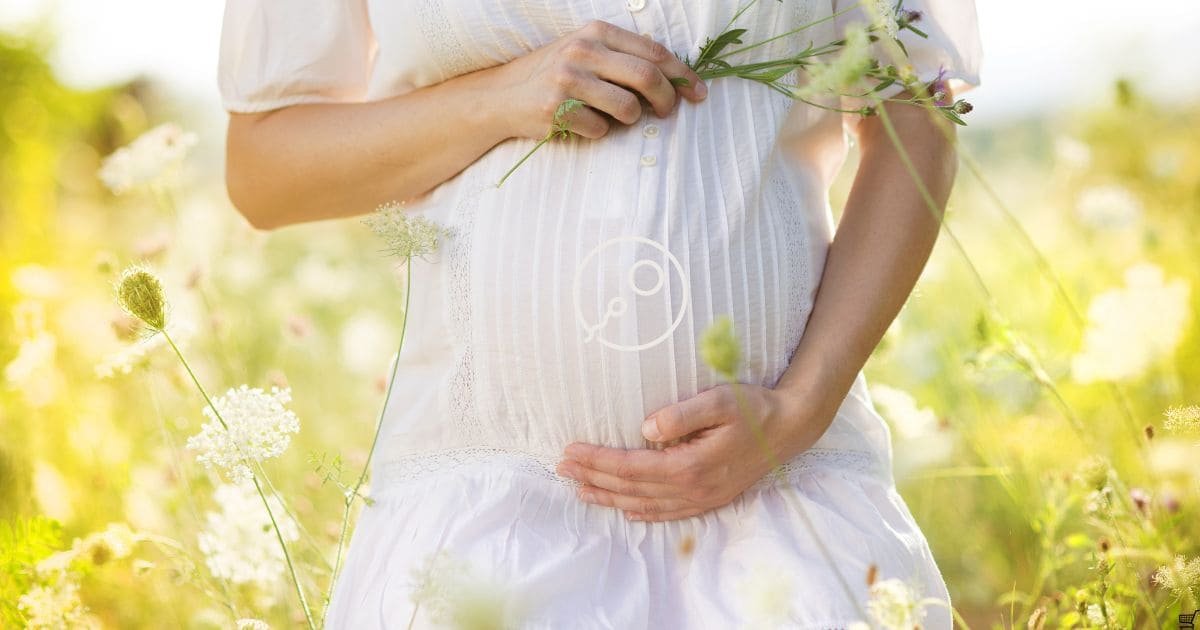Key Takeaways
- Understanding lifestyle factors can aid in reproductive health.
- ·Exploring diet and nutritional supplements for optimum fertility.
- Analyzing the role of exercise and stress in conception.
- Examining environmental factors and their impact on fertility.
Lifestyle and Fertility: An Overview
Seeking to start a family is a natural and exciting step for many, but it can also bring to light the impact of our daily choices on reproductive health. Some factors like dietary habits, exercise routines, and stress management play significant roles in fertility. Understanding how these lifestyle decisions can foster an environment conducive to conception is essential. Experts agree that a comprehensive approach, often including an array of natural supplements for fertility, can aid in this personal journey. Such supplements, when taken in conjunction with lifestyle modifications, can enhance fertility and overall reproductive health.
Diet and Nutrition for Fertile Ground
Our diet has profound effects on our health, and when it comes to fertility, the impact is just as significant. A balanced and nutrient-rich diet sets the stage for reproductive success. Foods that are high in antioxidants, such as blueberries, leafy greens, and whole grains, help combat oxidative stress, a known enemy of fertility. Nutrients like folic acid, found in beans and citrus fruits, iron from leafy greens and lean meats, and calcium available in dairy products and fortified plant milks, are all essential to preparing the body for pregnancy. By focusing on a varied and nutrient-dense diet, individuals can create a ‘fertile ground’ that increases the chances of successful conception.
Exercise and Fertility: Finding the Balance
Regular and purposeful physical activity is another pillar of a healthy lifestyle and, by extension, reproductive wellness. Doing moderate exercise, such as brisk walking, swimming, or cycling, can enhance fertility by improving circulation and reducing stress. However, it is crucial to monitor and not overdo it, as strenuous physical activity can actually lead to diminished fertility in some cases. Finding a balanced routine that strengthens the body without causing excessive fatigue or hormonal disruption is vital for those aiming to conceive.
Stress Management for Conception
Stress is an often overlooked factor that can significantly impact fertility. High stress levels cause the body to release hormones like cortisol and adrenaline. Unfortunately, they can interfere with reproductive hormones. Engaging in stress reduction techniques such as meditation, deep-breathing exercises, and establishing a regular sleep schedule can help support the body’s natural fertility. Creating a calm and serene environment, both physically and emotionally, can pave the way for a successful pregnancy.
Environmental Influences on Fertility
The environment in which we live and work can also have a sigfinicant on fertility. Toxic exposures from pollutants in the air, chemicals in our consumer products, and even the water we drink, can have detrimental effects on the delicate hormonal balances necessary for reproduction. It’s essential to be aware of and actively mitigate these exposures by choosing non-toxic products, avoiding areas with poor air quality when possible, and filtering drinking water to reduce the burden of environmental toxins on the reproductive system.
Holistic Approaches to Fertility
In addition to conventional dietary and lifestyle changes, holistic and alternative fertility treatments can offer additional support. Some believe treatments such as acupuncture boost fertility by improving blood circulation to reproductive organs and stabilizing hormone levels. Additionally, the use of herbal supplements, under the guidance of a qualified professional, can offer a natural way to support and potentially enhance reproductive functions. It’s about creating a harmonious balance within the body that is receptive to conception.
When to Seek Medical Support for Fertility
Despite best efforts with lifestyle changes, it’s important to recognize when to seek medical assistance on the path to fertility. If conception still has not occurred after a year of regular, unprotected intercourse, it may be time to consult a fertility specialist. They can offer thorough evaluations and discuss options such as fertility medications, surgery, or assisted reproductive technologies when necessary. Modern medicine provides numerous avenues for support, from hormone therapies to in vitro fertilization, and professionals can guide hopeful parents through these decisions.
Additional Fertility Resources
Fortunately, a wealth of resources are available for those on their fertility journey. From online support groups to extensive educational materials, these resources can offer the latest research and information, personal stories, and community connections, which can be invaluable in times of uncertainty.






